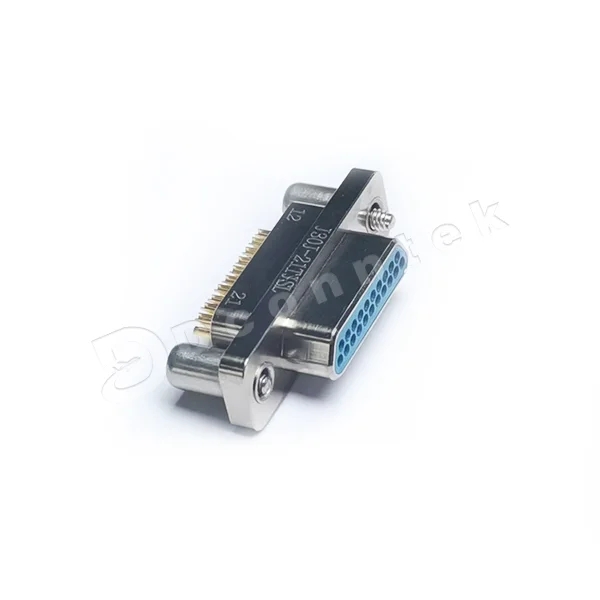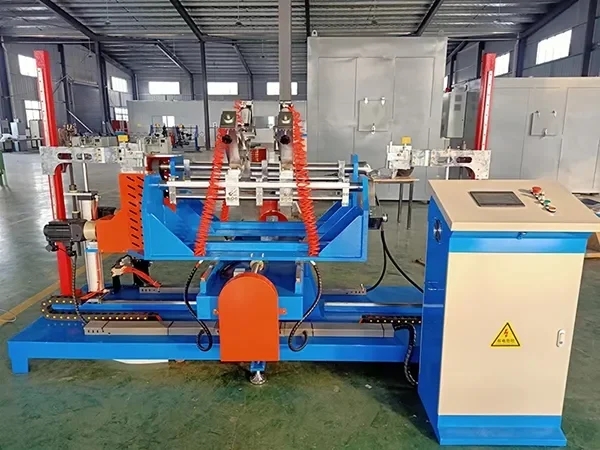Reliability Unveiled: Decoding the Pump Puzzle for Optimal Performance
2 min readWhen it comes to selecting a pump for various industries, reliability is a crucial factor that cannot be compromised. With a plethora of pump types available, it becomes essential to identify the most reliable option. In this blog post, we will delve into the world of pumps, exploring different types and their reliability factors. By the end, you will have a clear understanding of the most dependable pump for your specific needs.
- Centrifugal Pumps:
Centrifugal pumps are widely used in industries due to their simplicity and efficiency. They operate by converting rotational energy into kinetic energy, propelling the fluid through the pump. While centrifugal pumps are generally reliable, their dependability can vary based on factors such as impeller design, material selection, and maintenance practices. Regular inspection and preventive maintenance can significantly enhance their reliability. - Positive Displacement Pumps:
Positive displacement pumps, including reciprocating and rotary pumps, offer distinct advantages in terms of reliability. These pumps work by trapping and displacing a fixed volume of fluid with each stroke or rotation. The reliability of positive displacement pumps stems from their ability to handle high pressures, viscous fluids, and varying flow rates. However, proper lubrication, seal maintenance, and periodic checks are essential to ensure their long-term reliability. - Diaphragm Pumps:
Diaphragm pumps are renowned for their exceptional reliability, making them a popular choice in industries where contamination or leakage is a concern. These pumps utilize a flexible diaphragm to create a vacuum or pressure, moving the fluid through the pump. The diaphragm acts as a barrier, preventing the fluid from coming into contact with the pump components. This design feature enhances reliability, as it minimizes the risk of contamination or leakage. - Submersible Pumps:
Submersible pumps are primarily used in applications where the pump needs to be submerged in the fluid being pumped, such as wastewater treatment or deep well pumping. These pumps are known for their reliability due to their hermetically sealed design, which prevents the ingress of water or other contaminants. Additionally, submersible pumps eliminate the need for priming, reducing the risk of cavitation and enhancing overall reliability.
Conclusion:
After a comprehensive analysis of various pump types, it is evident that the most reliable pump depends on the specific application and operating conditions. While centrifugal pumps, positive displacement pumps, diaphragm pumps, and submersible pumps all offer varying degrees of reliability, it is crucial to consider factors such as maintenance practices, material selection, and operational requirements. By carefully assessing these factors, you can identify the most reliable pump for your industry needs, ensuring optimal performance and longevity.



